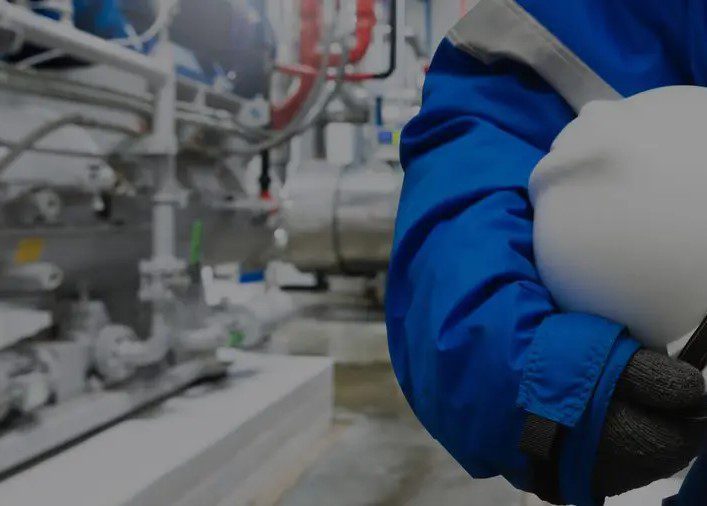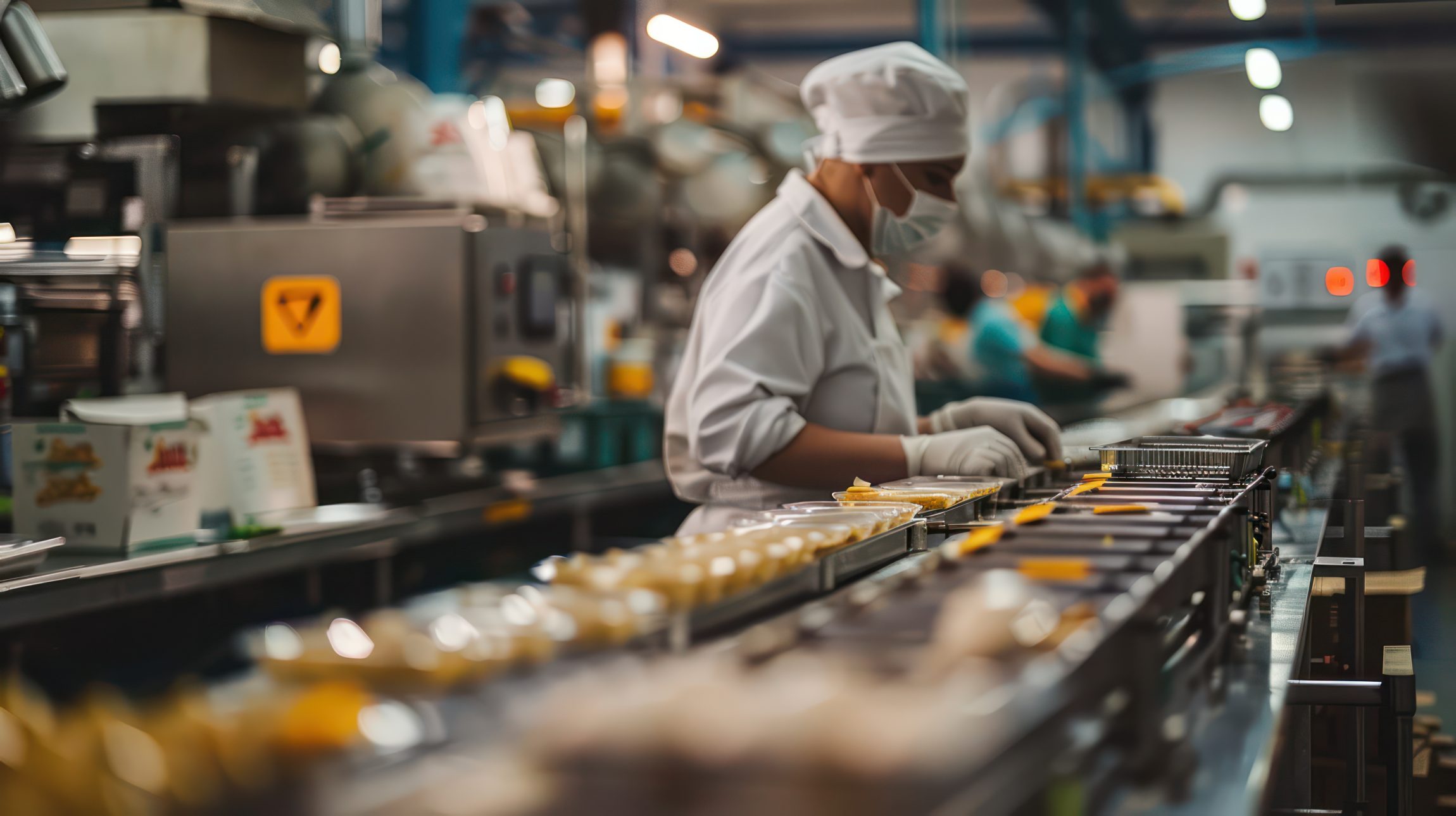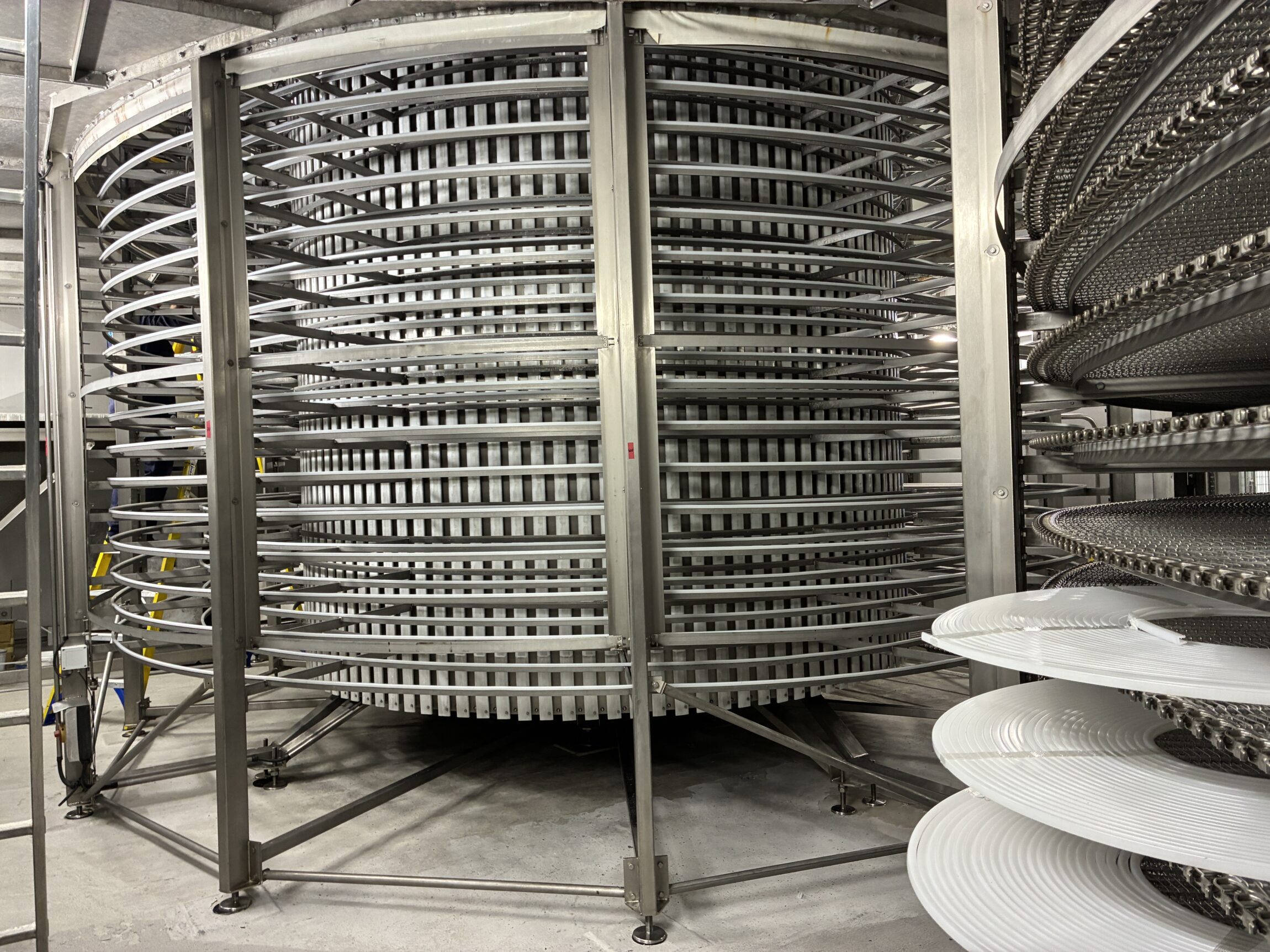
Automation: The Answer to Labour Shortages in Food Manufacturing
Labour shortages aren’t a temporary hurdle in the food industry; they’ve become the new normal. Rising demand for ready-to-eat meals, frozen foods, and mass production is colliding with a shrinking workforce. For manufacturers, this means one thing: struggling to keep lines running smoothly, meet delivery schedules, and maintain quality.
Why Labour Shortages Are the New Normal
Let’s break it down. Younger workers aren’t lining up to take physically demanding jobs in food factories. Ageing populations across Europe and the UK reduce the overall labour pool. Add in post-Brexit immigration policies, and food manufacturers are left scrambling.
According to a Food and Drink Federation report, nearly 500,000 people work in UK food manufacturing, but vacancies remain stubbornly high. This creates a ripple effect: companies can’t meet orders, distributors face delays, and retailers suffer empty shelves.
The Hidden Costs of Understaffed Production Lines
Labour shortages don’t just mean slower output. They trigger:
- Production bottlenecks when lines can’t run at full capacity.
- Higher operational costs due to overtime and agency staff.
- Inconsistent quality when temporary workers handle skilled tasks.
- Missed growth opportunities because companies can’t expand production.
Here’s the thing – waiting for the labour market to fix itself isn’t an option. That’s where automation steps in.
Why Automation is the Smart Move for Food Manufacturers
Automation isn’t about replacing people; it’s about removing unpredictable variables.
Consistency Over Uncertainty
Machines don’t call in sick. Automated systems keep production flowing 24/7, delivering reliability that labour markets simply can’t guarantee.
Boosting Production Without Hiring More Workers
With automation, a single operator can oversee multiple lines. For example, a spiral freezer running automatically requires minimal supervision, freeing staff to focus on quality control rather than manual handling.
Reducing Long-Term Costs Through Smart Investment
While automation requires upfront investment, it pays back quickly. Instead of spending endlessly on recruitment, overtime, and training, manufacturers gain fixed, predictable costs with far greater output.
Case Example:
Bakery Production During Peak Seasons
Take bakeries during Christmas. Traditionally, they’d hire dozens of seasonal staff to meet demand. With automated proofing, baking, and freezing systems, they can scale output without the hassle of short-term hiring, onboarding, and inevitable mistakes from inexperienced workers.

Real-World Benefits of Automation in Food Manufacturing
Improved Food Safety and Compliance
Manual handling introduces risks – contamination, inconsistent temperatures, and human error. Automated chilling and freezing ensure food safety standards are consistently met, protecting both consumers and brands.
Handling Seasonal Demand with Ease
Frozen food manufacturers often face seasonal peaks. Automation makes it possible to ramp up production instantly without scrambling for workers.
Enhancing Worker Safety by Reducing Repetitive Tasks
Automation takes over heavy lifting, repetitive packaging, and freezing operations. That means fewer workplace injuries, lower insurance costs, and a healthier workforce.
Example: Frozen Pizza Line Scaling Production Overnight
One frozen pizza producer equipped with automated conveyors and spiral freezers boosted output by 40% without hiring a single additional worker. Instead of struggling to staff late-night shifts, the company now runs smoothly around the clock.
How Korutek Makes Automation Practical
At Korutek, automation isn’t about selling machines; it’s about solving problems.
Smart Controls and Remote Diagnostics
Instead of relying on staff to monitor equipment constantly, Korutek’s systems use advanced controls and remote diagnostics. That means fewer breakdowns, faster troubleshooting, and minimal downtime.
Spiral Freezers, Chillers, and Advanced Cooling Systems
Korutek designs freezing and cooling systems that cut waste and maintain quality. Spiral freezers and chillers can handle a wide range of products, from meats to baked goods, without constant operator attention.
Flexible Options: Spiral Freezer Rentals
For companies hesitant to commit to a major investment, Korutek offers spiral freezer rentals. This gives food manufacturers the flexibility to handle seasonal spikes without heavy upfront costs.
Customer Example: Meeting Demand Without Expanding Staff
One client in the ready meals sector faced a surge in supermarket orders. By renting a spiral freezer from Korutek, they scaled up production immediately; no recruitment drive, no overtime bills, just consistent output delivered on time.
The Bigger Picture: Building Resilient Food Manufacturing
Staying Ahead of Regulatory Changes
Automation makes compliance easier. Automated temperature control, data logging, and monitoring reduce the risk of non-compliance with food safety regulations.
Competing in a Global Market
Food manufacturing isn’t just local anymore. International competition is fierce. Companies that embrace automation now are better equipped to deliver at scale and maintain margins.
Future-Proofing Operations with Automation
As demand grows and labour challenges deepen, the manufacturers investing in automation today are the ones securing tomorrow’s growth.
FAQs
- Does automation completely replace human workers?
No. It reduces reliance on manual labour, but workers are still essential for oversight, maintenance, and quality control. - Is automation affordable for small food manufacturers?
Yes. Options like equipment rentals make automation accessible without massive upfront spending. - How quickly can automation pay for itself?
Most systems deliver ROI within 1–3 years through reduced labour costs, higher productivity, and fewer errors. - Will automation improve product quality?
Absolutely. Automated systems ensure consistent freezing, cooling, and handling, reducing human error. - What about maintenance and downtime?
Modern systems utilise predictive maintenance, remote diagnostics, and can also be equipped with air snow removal systems and Sequential Defrosting, among other features, resulting in minimal downtime compared to manual operations. - Can automation handle seasonal production spikes?
Yes. That’s one of its strongest advantages; it lets companies ramp up instantly without hiring seasonal staff.
Conclusion
Labour shortages in food manufacturing aren’t going away. But companies don’t have to choose between slowing down production and burning money on overtime. Automation provides a smarter path forward: higher production, lower costs, safer operations, and consistent quality.
At Korutek, we’re committed to giving manufacturers the tools they need to thrive; whether that’s a spiral freezer rental for seasonal demand or advanced evaporator technology for long-term efficiency. Automation isn’t just about surviving labour shortages; it’s about building a resilient, competitive future.
Table Of Content
Korutek Engineering Systems
Korutek build spiral freezers and chillers for the biggest food manufacturers around the world. If you’re looking for a team with a global reach that is able to provide industry-leading design and build services, contact Korutek today.
Compact Spiral Series
The Compact Spiral Series, consists of the 300 (CPS300), 450 (CPS450) and the 600 (CPS600) models.
Compact Inline Tunnel
The system operates as one system using one, two or three separate inverter-controlled conveyor belts.
Spiral freezer systems
We are new system specialists, operating and consulting with the largest food industry manufacturers, all over the world.
Spiral chiller systems
Korutek Engineering are new spiral chiller specialists, operating and consulting with the largest food industry manufacturers.
Spiral cooler systems
We are new spiral cooler system specialists, manufacturing for and consulting with global food industry companies.
IQF freezers
We are an IQF freezer specialist, operating and consulting with some of the largest food manufacturers across the world.
Freezer Leasing Solutions
Revolutionise Your Food Production with Korutek's Freezer Leasing Solutions.









